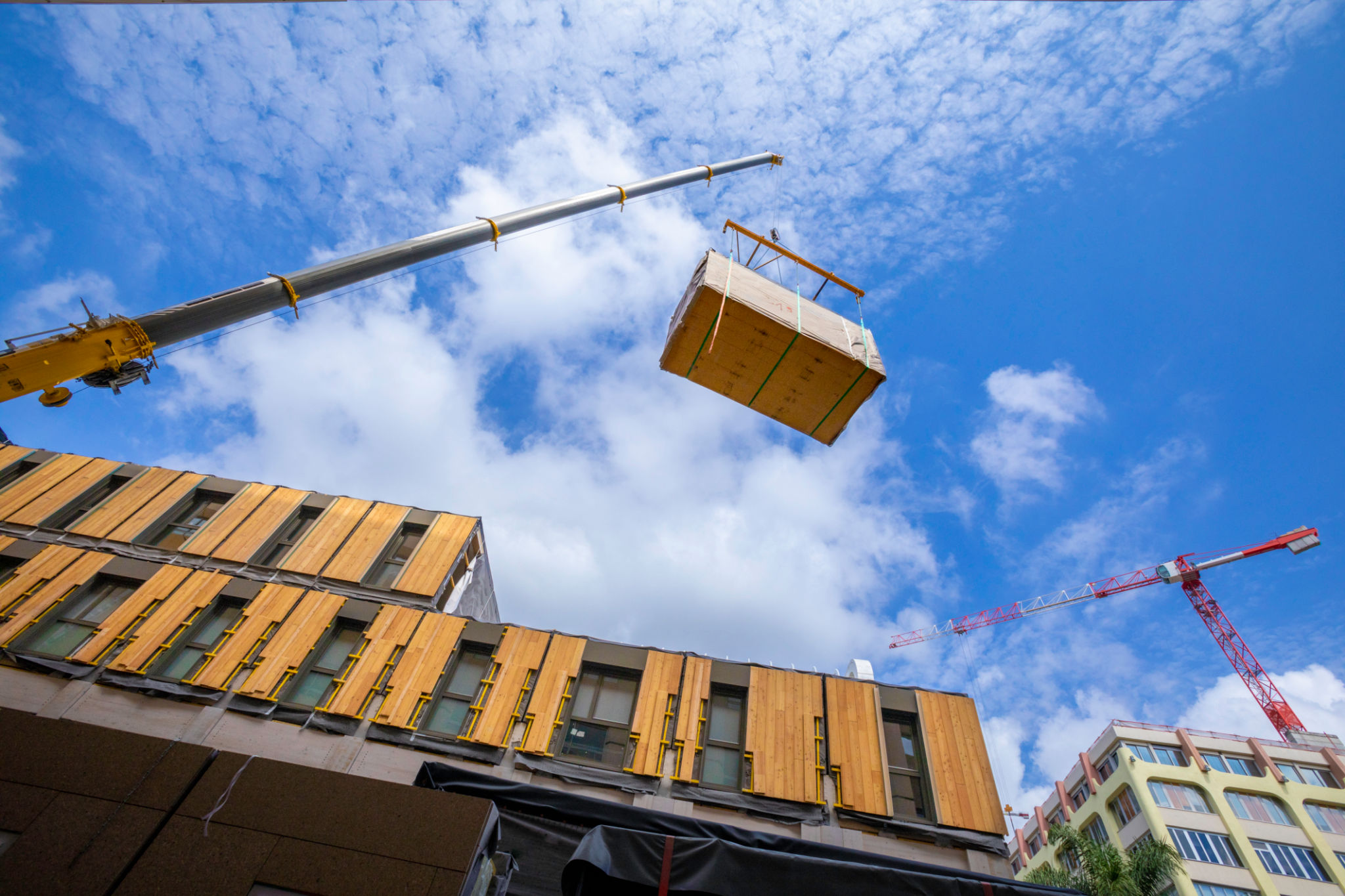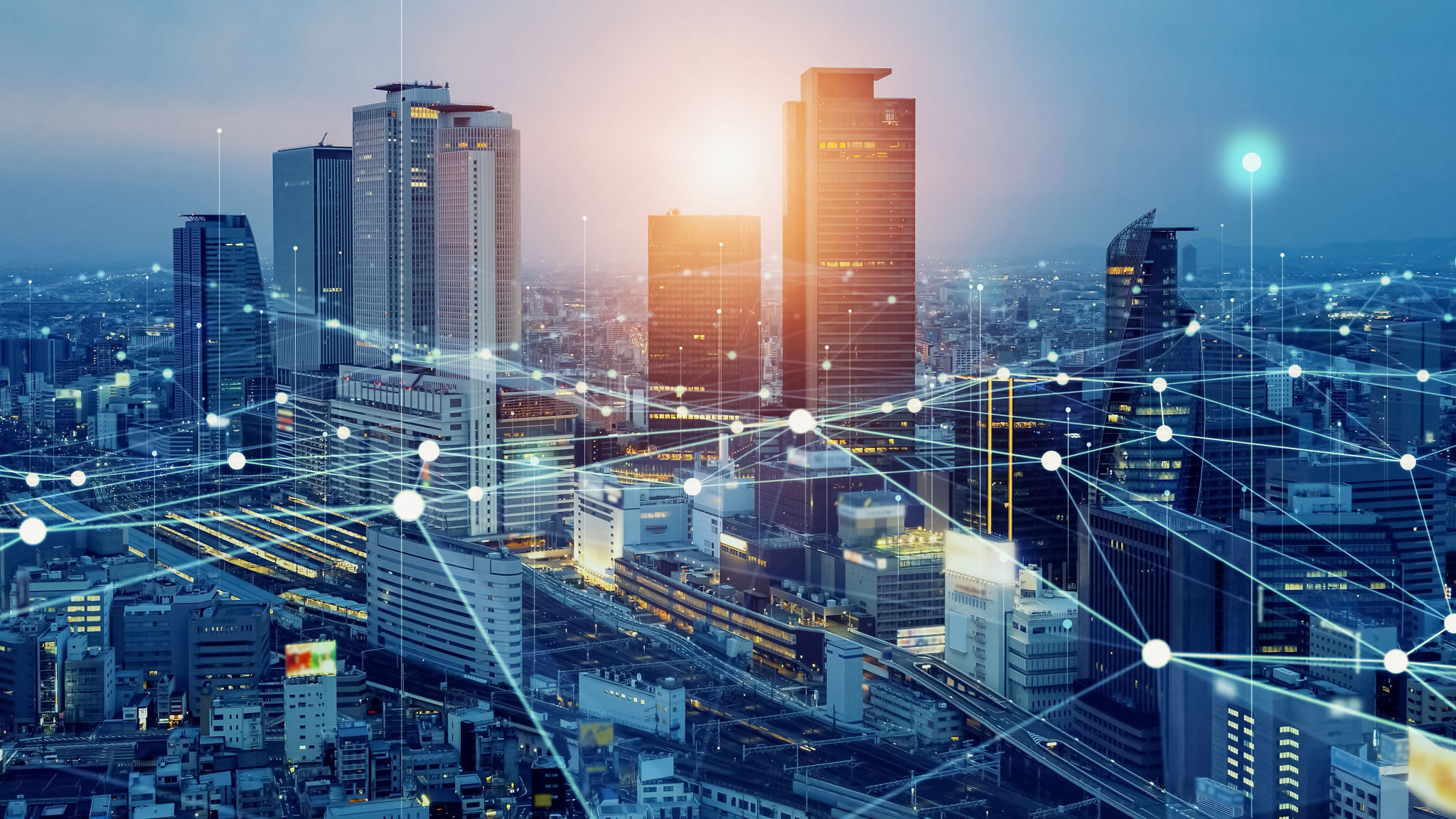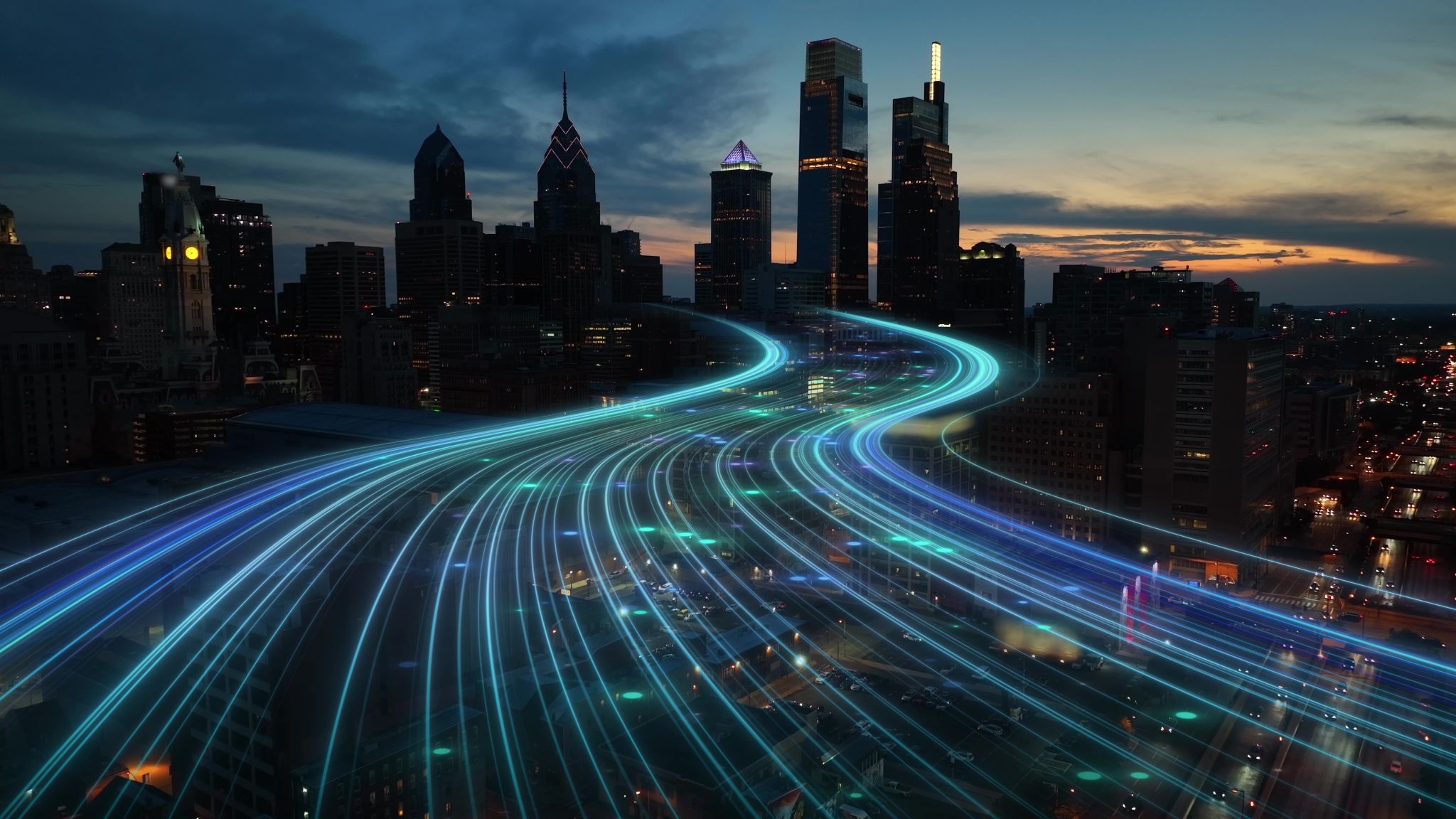Top 5 Construction Trends in Malaysia: What to Expect
Sustainable Building Practices
In recent years, sustainable building practices have become a cornerstone of the construction industry in Malaysia. As the nation moves towards a greener future, developers are increasingly incorporating eco-friendly materials and energy-efficient technologies into their projects. This trend is driven by both regulatory pressures and consumer demand for sustainable living environments. From solar panels to rainwater harvesting systems, the emphasis on sustainability is reshaping the landscape of construction in Malaysia.
The Malaysian government has also introduced various incentives and guidelines to promote green building practices. The Green Building Index (GBI) is one such initiative, providing a rating system to assess the environmental impact of buildings. As awareness grows, more developers are striving to achieve higher GBI ratings, pushing the boundaries of sustainable construction.

Technological Integration
The integration of technology in construction is another trend gaining momentum in Malaysia. With the advent of Building Information Modeling (BIM), projects are now benefiting from enhanced collaboration and efficiency. BIM allows for the creation of digital representations of buildings, enabling stakeholders to visualize and manage projects more effectively.
Moreover, the use of drones for site surveys and inspections has revolutionized project management. These technologies not only improve precision but also reduce costs and enhance safety on construction sites. As technology continues to evolve, its role in shaping the future of construction in Malaysia is undeniable.

Modular Construction
Modular construction is emerging as a popular solution to address the challenges of time and cost in the industry. By prefabricating components off-site and assembling them on-site, modular construction significantly reduces project timelines and minimizes waste. This method is particularly beneficial in urban areas where space is limited and construction speed is crucial.
The appeal of modular construction lies in its ability to maintain high quality while offering flexibility in design. Developers are increasingly opting for modular techniques to meet the growing demand for residential and commercial spaces without compromising on standards.

Urbanization and Smart Cities
As urbanization continues to accelerate in Malaysia, the concept of smart cities is gaining traction. Smart cities integrate technology and data analytics to enhance urban living, focusing on improving infrastructure, transportation, and public services. This trend is influencing the way new developments are planned and executed.
Developers are now incorporating smart technologies such as IoT sensors and automated systems into their projects to create more efficient and livable spaces. The move towards smart cities is not only about technology but also about creating sustainable and resilient urban environments for future generations.

Emphasis on Safety and Health
The COVID-19 pandemic has underscored the importance of safety and health in the construction industry. In response to this, there has been a heightened focus on implementing safety protocols and ensuring healthy work environments on construction sites across Malaysia.
Developers are adopting new technologies and practices to safeguard workers' health, such as contactless site access, regular health screenings, and improved sanitation measures. This emphasis on safety and health is expected to continue shaping industry practices even post-pandemic.
In conclusion, the construction industry in Malaysia is undergoing significant transformation driven by sustainability, technology, modular techniques, urbanization, and safety considerations. Staying abreast of these trends will be crucial for stakeholders aiming to thrive in this dynamic landscape.
